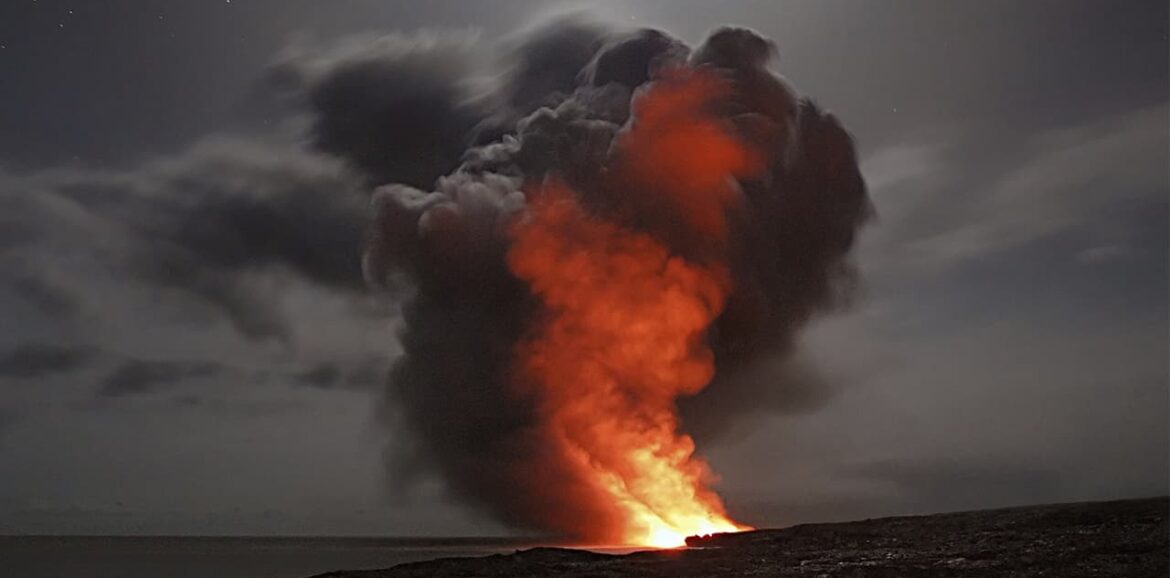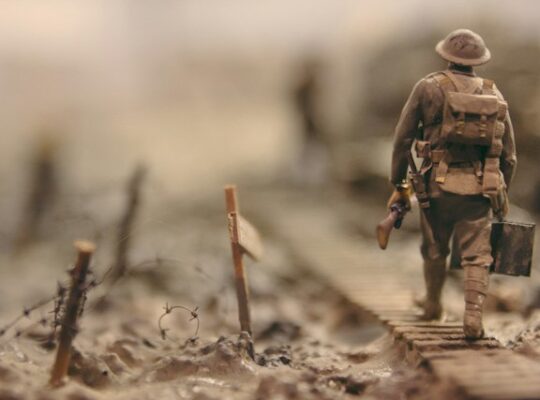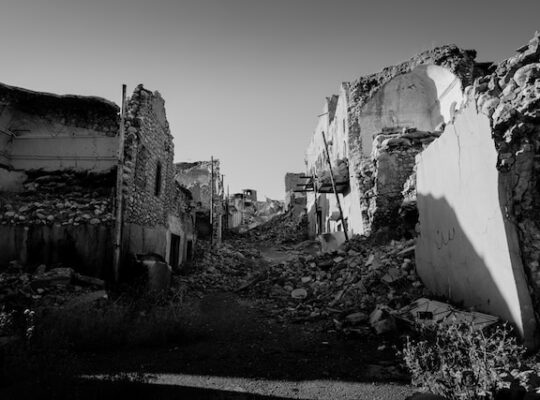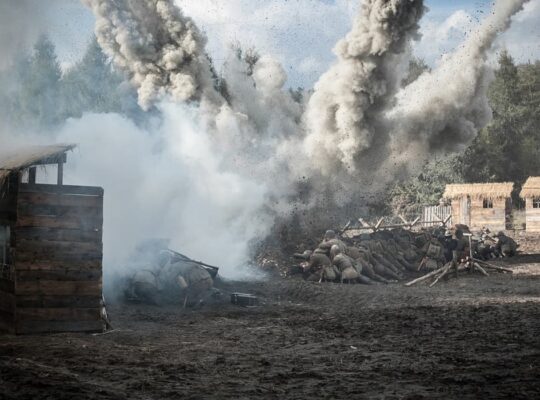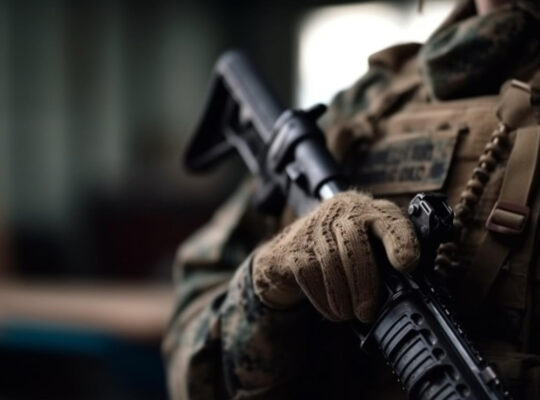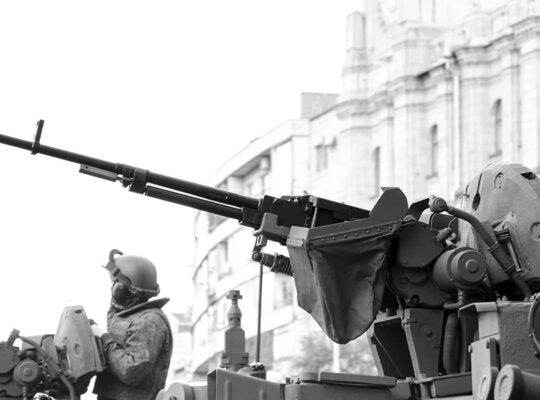January.
- In Washington, representatives of the 26 member states of the anti-Hitler coalition sign a declaration proposed by U.S. President Franklin Roosevelt and British Prime Minister Winston Churchill, called the Declaration of the United Nations, in which the countries pledged to use all their military and economic resources to fight against Germany, Japan, and Italy and their allies.
- During World War II, the Japanese captured the Philippine capital of Manila and began bombing Singapore. On January 11, they occupied the Malaysian capital of Kuala Lumpur, and on January 16, they began the occupation of Burma.
- The Battle of Moscow between the armies of Germany and the USSR ended, with the victory allowing the Soviet Army to launch a counteroffensive and push German troops back 100-250 kilometers from Moscow. The Tula, Ryazan, and Moscow regions, as well as many districts of the Kaliningrad, Smolensk, and Orel regions, were completely liberated. The Battle of Mokva claimed the lives of 926,519 dead and missing Soviet soldiers, and another 879,879 people were wounded or frostbitten.
- Henry Ford patented (No. 2269451) a car with a plastic body. It was 30% lighter than a conventional car with the same body strength. The first such car was produced at Ford’s plant in August 1941.
- The first echelon of 1117 Ostarbeiters left Kharkiv for Cologne. In total, over two million people left Ukraine during World War II to work in agriculture, mining and metallurgy, and at military plants that produced weapons for the German army.
FEBRUARY
- In Norway, occupied by German troops, a government loyal to Nazi Germany was formed, with Vidkun Quisling, the former foreign minister and defense minister, as prime minister, on whose orders Norwegian troops allowed a German landing in Novegia without a fight in April 1940.
- After a week of fierce fighting, the British-Australian troops, who were unable to hold Singapore against the three times smaller Japanese army, laid down their arms. The surrender of 80,000 people and the loss of East Gibraltar gave Winston Churchill reason to call it “the worst disaster and the greatest surrender in British history.”
- During World War II, the U.S. authorities began forcibly evacuating Japanese from the West Coast and resettling them in camps for displaced persons.
APRIL
The island of Malta is awarded the George Cross for its heroism and courage in resisting German attacks. This was the first time that such a high honor had been awarded to a British Commonwealth territory.
- In response to the destruction of the German port of Lübeck by British aircraft on March 28 to “boost the morale of British pilots,” the German command launched the so-called “Bedecker Raids” and bombed “medieval centers of Britain,” which resulted in the deaths of more than a thousand civilians in York, Norwich, and Exeter and the destruction of a number of architectural monuments. The raids were named after a German publishing house that specialized in publishing tourist guides to European cities before World War II. In retaliation for the destruction of more than 2,000 buildings in Lübeck, which had no important strategic or industrial significance, the Luftwaffe announced that it would destroy every building in Britain that was mentioned in Bedecker’s guides as worthy of attention.
MAY
- Executive Order 9066, signed by President Franklin D. Roosevelt, came into effect, ordering the evacuation of all Americans of Japanese descent from Los Angeles by May 9. As a result of these actions, 110,000 Japanese were forcibly placed in 10 resettlement camps and subsequently deported to Utah.
- The forces of the Bryansk, Southwestern, and right wing of the Southern Fronts under the command of Marshal Semen Tymoshenko launched an offensive against the German troops of Army Group South from the Izyum bridgehead. Due to operational and strategic mistakes, Soviet troops were surrounded near the town of Barvinkove and suffered heavy losses, reaching several hundred thousand killed, wounded, missing, and captured.
JUNE
- The Battle of Midway Atoll, one of the most unequal battles of World War II, began as 27 American fighters took to the air to intercept 72 Japanese bombers and 26 fighters that were to attack one of the most important American beachheads in the Pacific. By the end of the day, 43 Japanese planes had been shot down, almost all American pilots were killed, but Midway Air Force Base was saved.
- The crushing defeat of the Japanese Imperial Navy ended the four-day battle for Midway Atoll, located 1,500 kilometers northwest of Hawaii. This allowed the United States to launch offensive operations in the South Pacific, and after the Allied victories in the Solomon Islands and New Guinea, Japan finally lost its strategic initiative.
JULY.
- After 250 days of fierce fighting, Soviet troops abandoned Sevastopol by order of the Stavka and retreated to the bays of Streletskaya, Kamysheva, Kozachaya, and Cape Khersones. In the struggle for Sevastopol, German forces lost up to 60,000 people killed and about 240,000 wounded; the USSR lost about 18,000 killed, 5,000 wounded, and 85,000 prisoners.
- In Nazi-occupied Holland, the family of 13-year-old Anne Frank, who became the author of the world-famous literary testimony to the suffering of Jews in the German-occupied territories, was forced to hide in the dungeon of an Amsterdam factory. The day before, Anne’s older sister, Margot, had received a notice of deportation to Nazi labor camps.
